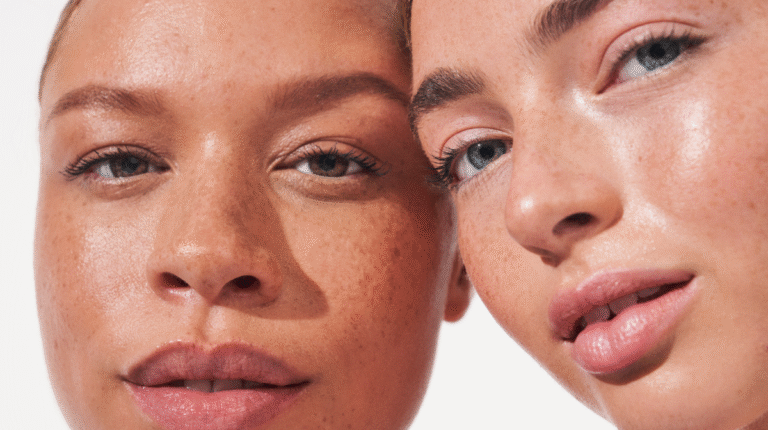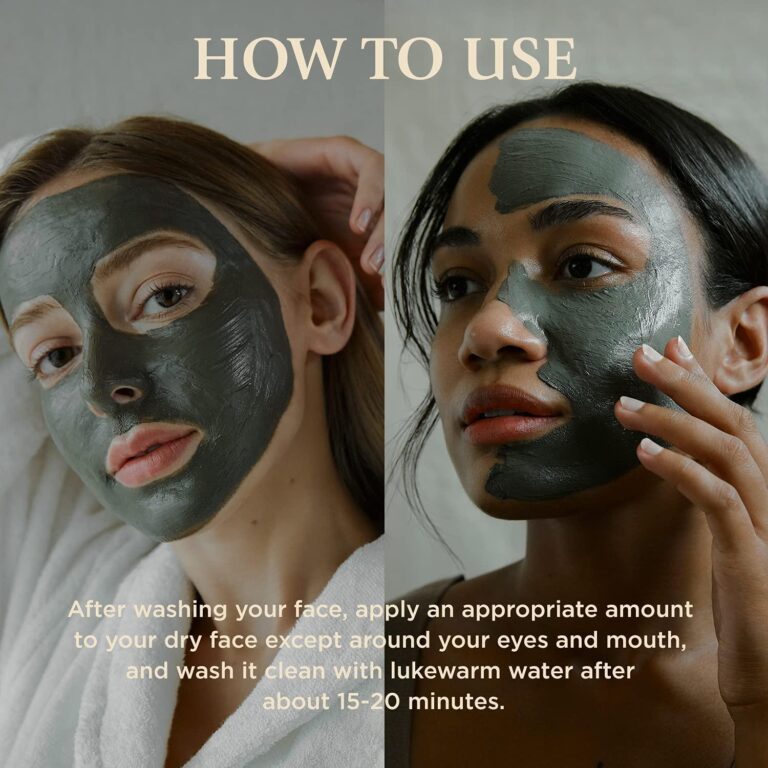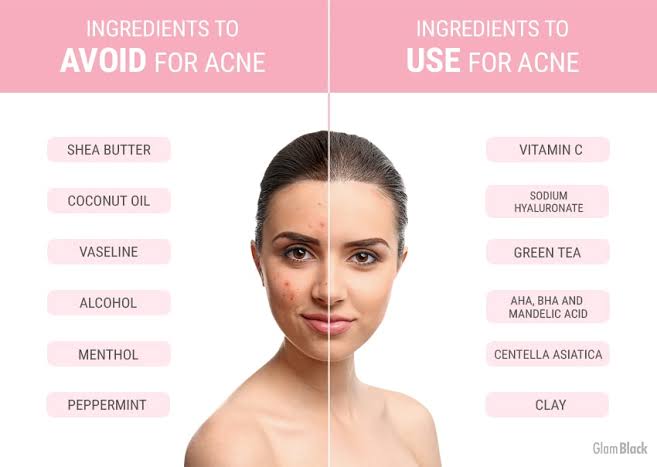
If even the thought of scanning the ingredient list for a skincare product makes you dizzy, you’re not alone. Sometimes, just like our favorite takeaway food, we do our best not to get hung up on it, even when we know some ingredients are hidden inside. Because the thought of giving up the product we are satisfied with and finding a new skin care routine seems to last a lifetime. Especially for acne-prone skin…
Over the years we have discovered a lot of information: No alcohol! No comedogenic oils! No harsh content! However, when it comes to the product itself, all previous information is quickly forgotten and we usually choose something our friend likes or something that smells good. Still, most experts agree on ingredients to avoid for acne-prone skin.
Discover ingredients to avoid if you have acne-prone or acne-prone skin.
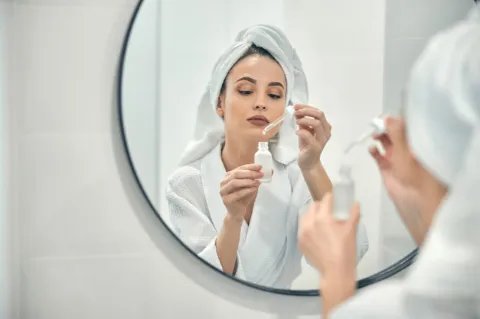
synthetic perfumes
Many of the words in the ingredient list of skin care products, such as fragrance, perfume, can mean a mixture of various chemicals that can irritate acne-prone skin. Synthetic fragrances are seen as a major source of skin allergies. This can lead to inflammation and irritation that makes treating acne more difficult than it already is. If you are prone to acne, be wary of fragrances in products.
essential oils
Skin care products can be formulated with essential oils. However, such oils can be irritating when applied directly to the skin. Because natural essential oils are highly concentrated compounds, it is generally recommended to dilute them with a carrier oil before applying. However, you should also choose carrier oil carefully, as some can clog pores. Experts recommend that acne-prone skin avoid heavy oils with a high surface saturated fat. Unsaturated fats like omega-3 and 6 are less likely to cause acne.
some alcohols
When certain types of alcohol are used in toners and exfoliating products, they can dry and irritate the skin in general. These are drying alcohols that remove excess oil from the skin. They can be potential irritants for you, especially if you have dry skin.
Important Note: Some types of alcohol can help heal the spot by providing drying benefits when used on an infected spot to treat acne spots.
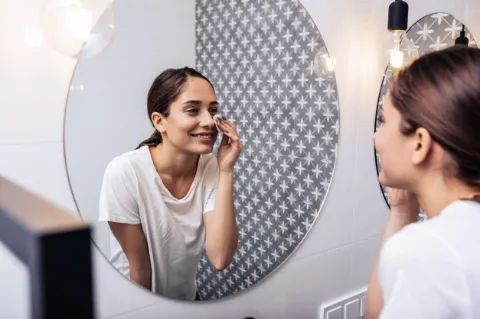
cocoa butter
Despite being a rich emollient ingredient that provides great hydration, cocoa butter is generally considered a comedogenic ingredient that can clog pores and trigger breakouts. Therefore, although it is not recommended for acne-prone skin, it may be suitable for dry skin.
coconut oil
Coconut oil, which stands out with its soothing and moisturizing properties for sunburned skin, is also generally considered to be comedogenic. So it can clog pores and pose a serious risk for acne-prone skin. This natural oil contains both saturated and unsaturated fats, including linoleic and lauric acid. High levels of linoleic acid can be helpful if you have acne, while lauric acid can exacerbate the problem. For this reason, coconut oil is not suitable for all acne-prone skin.
seaweed extract
Seaweed essence is a double-edged sword. While it is classified as anti-inflammatory and has the ability to regulate oil production, it can be comedogenic. The properties of algae extracts are found insidious, because there are different types. For example, they may be listed as Carrageenan, laminaria digitata, brown seaweed or plankton extract.

